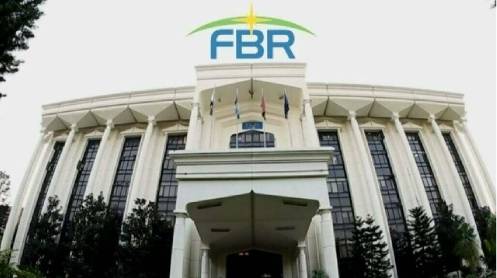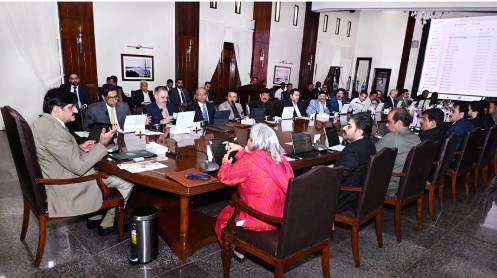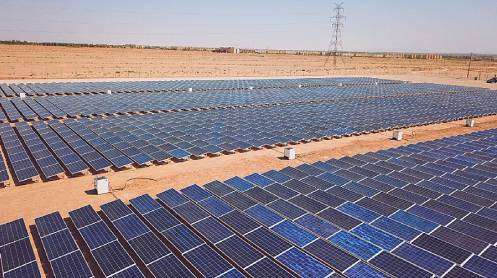ISLAMABAD: In a major relief for clean energy and environment advocates, the National Assembly Standing Committee on Finance on Tuesday unanimously rejected the proposed 18% sales tax on imported solar panels and their parts. Additionally, the government also withdrew a controversial proposal to raise sales tax on hybrid vehicles up to 1800cc from 12.5% to 18%—both seen as anti-environment measures.
The committee, chaired by PPP MNA and former finance minister Syed Naveed Qamar, overruled the solar tax plan during the ongoing discussion on the Finance Bill 2025. Since the National Assembly’s decisions on finance bills are binding, the rejection carries weight unlike non-binding Senate recommendations.
The proposed solar tax was expected to generate Rs20 billion in revenue. However, the IMF had not backed the move, reducing concerns about its impact on Pakistan’s ongoing programme with the Fund.
Federal Board of Revenue (FBR) Chairman Rashid Langrial defended the tax, citing existing levies on locally assembled solar panels, but admitted that domestic production accounts for only a small fraction of total sales. Qamar insisted the local industry be supported through other means, noting the contradiction in removing subsidies while offering them for electric vehicles (EVs).
In another significant decision, the government confirmed the 12.5% reduced tax on hybrid cars will remain unchanged, reversing a move that would have raised Rs7 billion. This is the second time in a year that the government has attempted—then retracted—this tax hike, restricted under the auto policy until June 2026.
However, the committee could not convince FBR to reverse the proposed sales tax hike on 850cc vehicles, mostly used by middle-income groups. Langrial argued that if consumers can afford a Rs3 million car, they can bear the 18% tax.
The committee also raised concerns over broader issues in the Finance Bill, including expanded FBR policing powers, which were criticized as draconian and likened to “martial law” by PPP’s Nafisa Shah—prompting a strong reaction from the FBR chairman, who briefly walked out.
Debate also extended to the Digital Presence Proceeds Act 2025, which proposes a 5% tax on online payments to foreign companies like Netflix, Amazon, and Temu. Committee members suggested introducing this as a separate bill rather than bundling it with the Finance Bill.
The session concluded with strong parliamentary pushback on regressive taxation, particularly measures seen as undermining Pakistan’s environmental goals and burdening ordinary citizens.
Story by Shahbaz Rana







